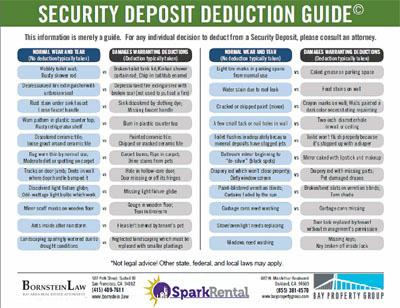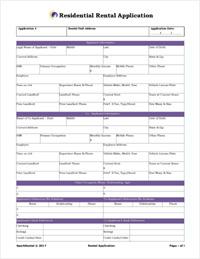Vacancy Advertising & Tenant Screening
Want higher ROI on your rentals? Fill your vacant rental unit with the best possible renters, ASAP.
Have a vacant rental unit on your hands?
Vacancies are expensive, and they’re time-consuming to fill. Lucky you! But unless you want to be right back in this position in six months, an eviction later, get it right the first time.
Advertise on multiple rental listing websites. Give every person who expresses interest a rental application (ours is free, emailable and e-signable – hint hint).
Then run tenant screening reports on all applicants. Get a full credit report, nationwide criminal background check, and nationwide eviction report. Have the applicant pay the fee for these (our screening reports can be charged directly to the applicant).
Then it’s calls, calls calls. Supervisors. HR departments. Personal references. Current landlords. Prior landlords. If that sounds like a lot of work, it’s nothing compared to unpaid rent, serving eviction notices, filing in rent court, appearing in front of a judge, meeting the sheriff at the property, and then spending thousands of dollars to get the property back in rental shape.
Here are a few fundamental articles to get you started, and from there, you can explore our other articles in the Advertising & Tenant Screening category to make sure you get the perfect long-term tenant, every vacancy!
“Required Reading” – Start Here First!
Still hungry after eating those up? Well, we won’t let you down. There’s plenty of rental advertising and resident screening articles to sink your teeth into!
Full Library of Advertising & Tenant Screening Articles:
Questions To Ask Before Buying a Rental Property
The Big Picture on Questions To Ask Before Buying Rental Property: Unlike stocks or REITs, selling real estate is time-consuming and costly, often taking several months and thousands of dollars. Successful rental property investors need to identify their competitive...
Real Estate Due Diligence: What Is It and How Do You Do It?
The Big Picture Due Diligence in Real Estate: Due diligence ensures real estate buyers thoroughly assess a property’s condition, neighborhood, financial potential, and risks, preventing costly surprises after purchase. This involves property inspections, title checks,...
Real Estate Investment Risks — And How to Protect Against Them
The Big Picture On The Risks of Real Estate Investment: Real estate investments carry risks such as rising interest rates, increased expenses, market stagnation, and capital loss. Sponsors often face challenges from tightening credit markets and delays in...
How to Transfer a Property to an LLC
The Big Picture On Transferring A Property To An LLC: Transferring a rental property to an LLC can protect personal assets from lawsuits, simplify ownership, and offer tax benefits through pass-through taxation. However, it may incur state tax fees and complicate...
How To Invest $1000 In Real Estate
The Big Picture On How You Can Invest $1000 In Real Estate: You can invest $1,000 in real estate through fractional ownership, REITs, crowdfunding, or other low-entry options like land investing or rental arbitrage, allowing you to start building wealth without a...
Passive vs. Active Investing in Real Estate: Pros & Cons of Rentals vs. Syndications
The Big Picture on Passive vs Active Real Estate Investing: Active real estate investing offers higher potential returns, but it comes with significant responsibilities such as property management, tenant issues, and market research. Investors need to be hands-on and...

















